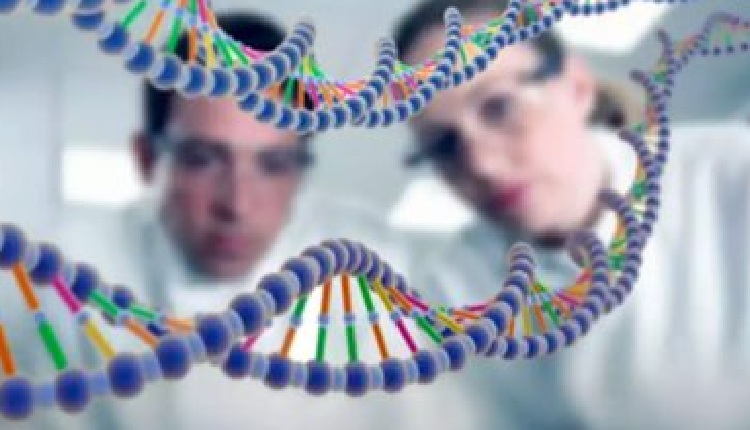New York: Researchers have identified genes that carry the risk for schizophrenia, an advance that may lead to new therapeutics.
Schizophrenia is among the most serious mental illnesses. It occurs in about 1 out of every 100 people, and affects how they think, feel, and behave. People with schizophrenia may seem as if they have lost touch with reality, which can be distressing for them and their families.
The study, published in the online issue of journal Nature Genetics, detailed the two risk genes — SRRM2 and AKAP11 — by comparing the gene sequences of people with schizophrenia to those of healthy controls across diverse populations, particularly those of African ancestry.
The meta-analysis involved existing datasets totaling up to 35,828 cases and 107,877 controls.
The third gene flagged in the study, PCLO, was previously implicated in schizophrenia but is now identified as having a shared risk for schizophrenia and autism.
That finding raises a question about how we think about brain diseases as a whole, said Alexander W. Charney, from the Department of Genetics and Genomic Sciences, Icahn School of Medicine at Mount Sinai, US.
The work builds upon a recent study that identified 10 risk genes for schizophrenia. However, unlike the current research, the earlier study was conducted in people of predominantly white European ancestry.
“It’s been known that there are genetic components shared among illnesses. Clinically, genes could look different in the same family. The same variant in the same family may cause autism in one family member and schizophrenia in another. The idea of the same gene having different manifestations is very interesting to us, as it could be useful when it comes to treating people in the clinic,” Charney said.
However, the researchers caution that not every patient has a rare damaging variant in the identified schizophrenia genes. The disease is multifactorial and there is no single factor.
Next, the researchers plan to assess whether and how these genes may have a clinical role and may be tied to a specific behaviour or symptom of schizophrenia. They will also work to identify drugs that might target the genes in the study.
(IANS)


















